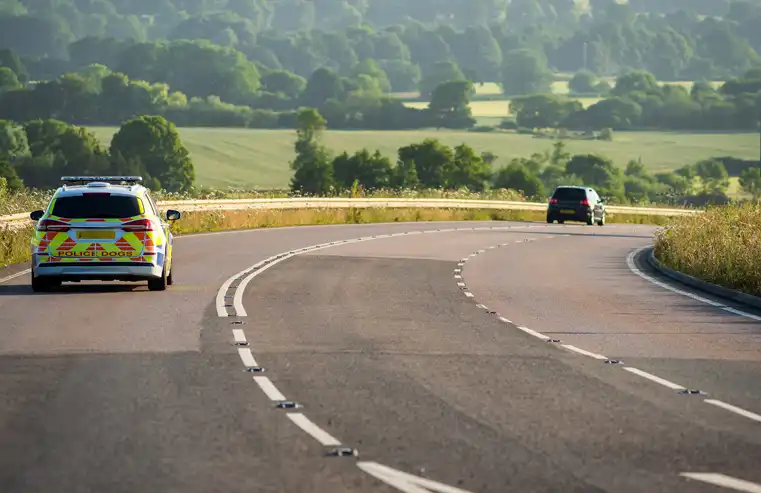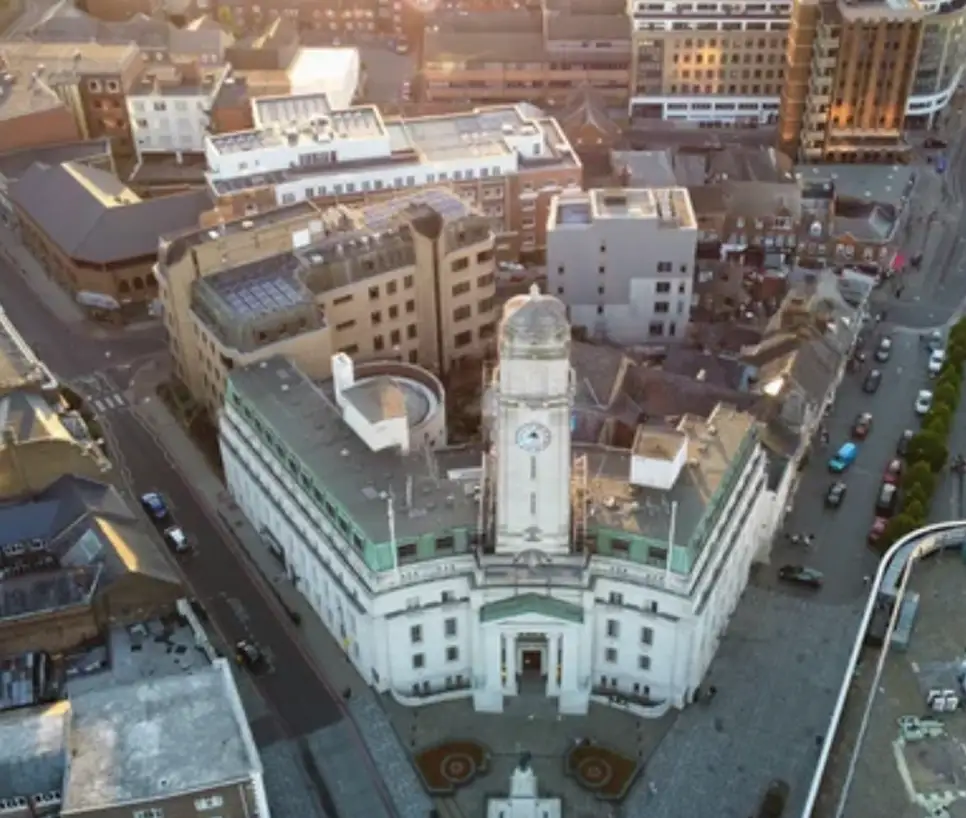- Conveyancing
- Family Law & Divorce
- Wills, Probate & Trusts
-
- Wills, Probate & Trusts
- Will Writing
- Probate
- Trusts
- Powers of Attorney
-
 Wills from £204
Wills from £204
-
 Probate
Probate
-
- Criminal & Motoring
-
- Criminal & Motoring
- Criminal Defence
- Motoring Offences
-
 Motoring Offences
Motoring Offences
-
 Criminal Defence
Criminal Defence
-
- All Personal Services
- Business Services
John Barkers
Solicitors Luton
John Barkers solicitors offers exceptional and affordable legal services to the Luton area. Our aim is to provide accessible, tailored legal advice together with outstanding value for money. We have operated in the UK since 1884 so you can be confident that we are a long standing solicitors firm. At John Barkers we understand how busy life can be and offer convenient communication methods, such as video call, telephone and email.
Contact: Live Chat, Video Call, Email, Telephone
Open: Monday to Friday 9am - 5pm
Call today: 01582 377222












